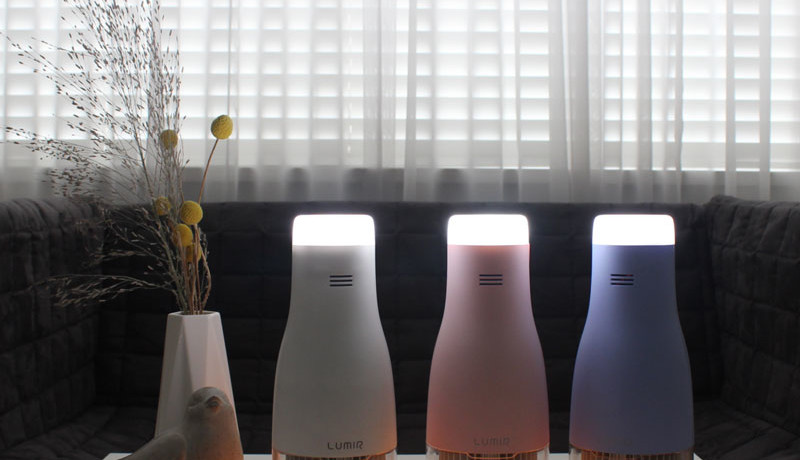1 Candle Power
on

The thermoelectric Peltier element consists of n-type and p-type semiconductors positioned thermally in parallel and electrically in series with a heat conductive surface at each side. When a DC voltage is applied between the free ends of the semiconductors the resulting current flow across the junctions produces a temperature difference between the two surfaces. As in this application, it also works in reverse (Seebeck effect); heat from the tea light causes a temperature difference between the two surfaces which produces a DC output current to light the LEDs.
When it comes to energy efficiency, a burning candle only converts a few percent of the energy it consumes to produce visible light. The vast majority of energy is lost as h...


